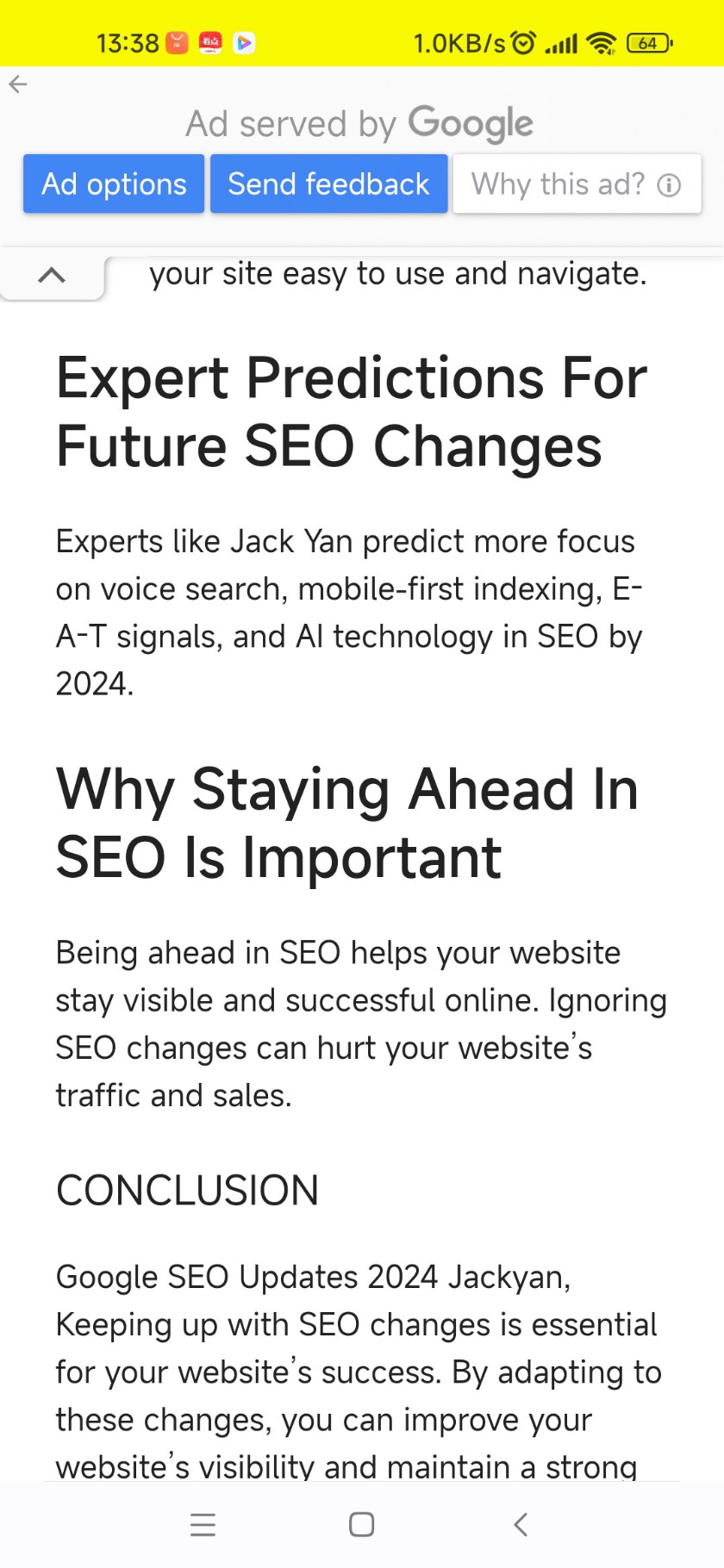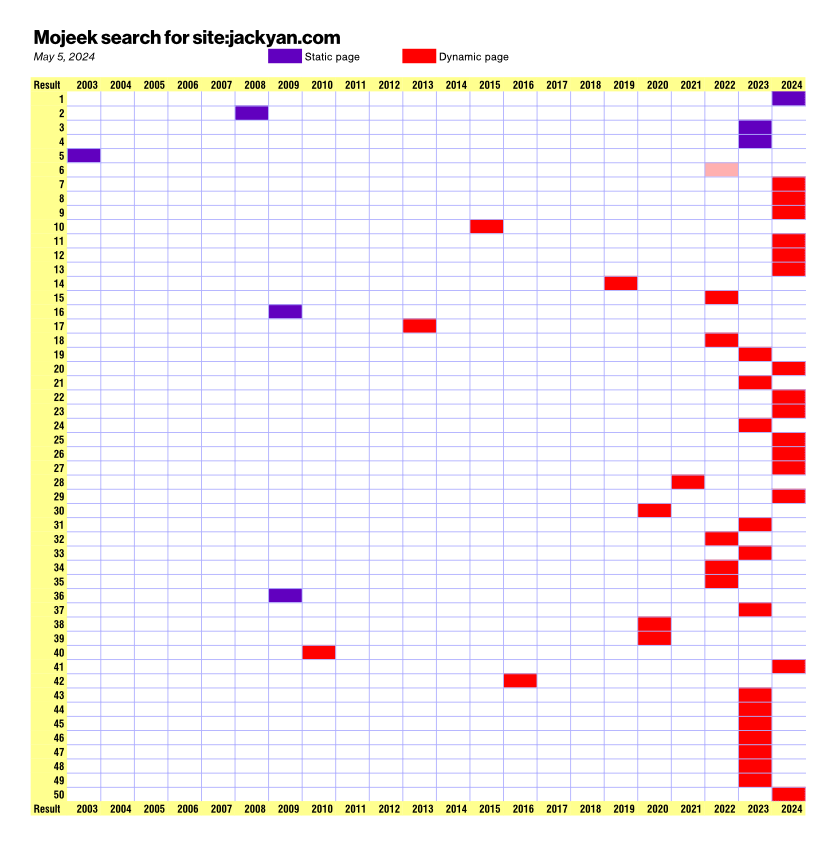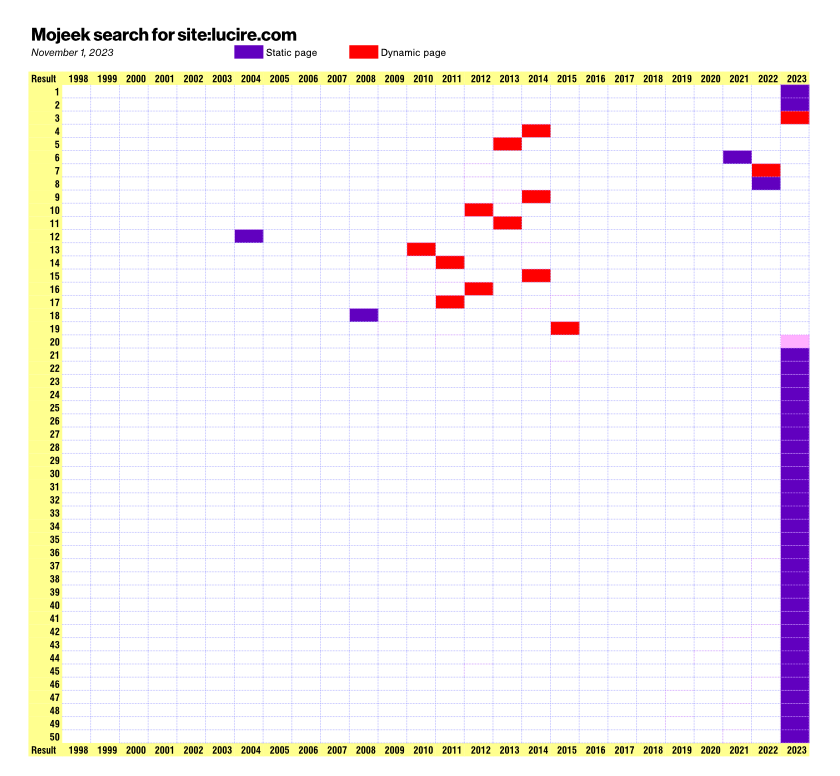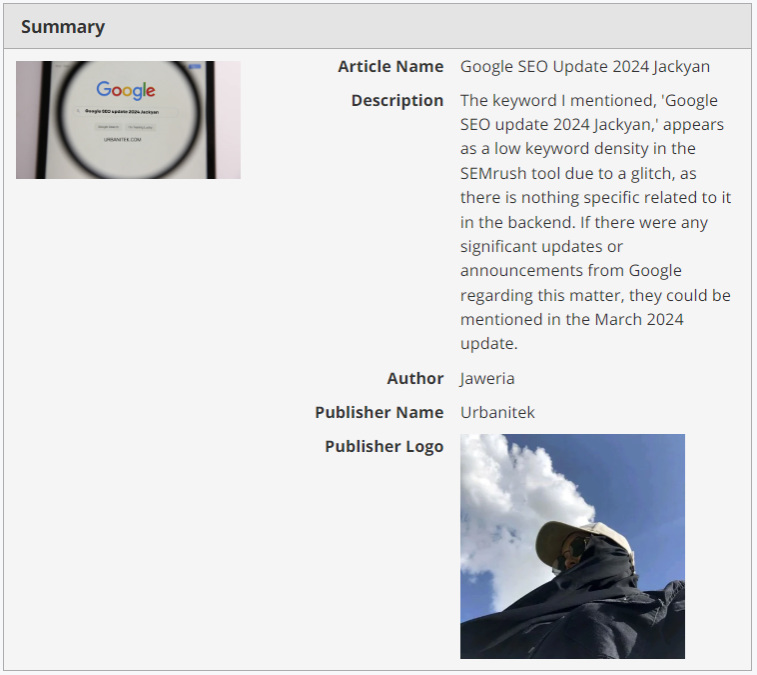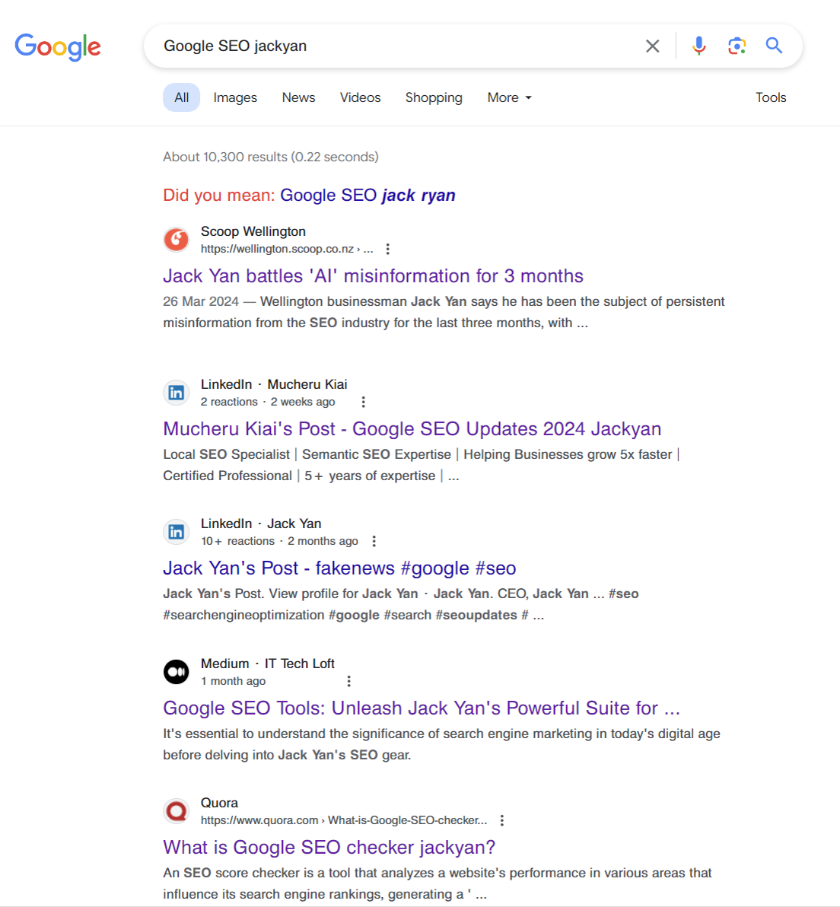Jon Henshaw shared his ‘Small matters’ post recently, and it makes for good reading. One highlight:
While the Small Web still exists, most people spend increasingly more time on the Big Web [sites controlled by mega-corporations], and that’s a problem because the walled gardens and algorithms keep us from seeing and experiencing the many extraordinary and numerous things the Small Web has to offer. Without those experiences, we miss out on stories, ideas, and people who have the potential to inspire and enrich our lives and also influence what we create.
I’m in agreement with Jon, and suggested to him that Curlie, the site that took over from the Open Directory Project, would be a fine place to find small-web sites, away from the walled gardens of Big Tech.
I don’t share his enthusiasm for Kagi, as my first encounter with them (on a Big Tech website) was through someone who I suspected (and have since been informed privately) worked for them. There’s nothing wrong with that by itself, but not disclosing it and pretending to be an objective fan is pretty dishonest. Then their hiding Kagi’s meta-search approach was a second strike against them. Again, nothing wrong with the fact that Kagi is a meta-search, as long as you’re not dishonest about it.
If that’s what Kagi thinks is good public relations, then it’s not a site I can get behind. I already search with one of its sources, Mojeek, and Google and Bing—with their patchy records—you’ve already heard about. I have tried Kagi twice, signing up with different email addresses, and while the UI is very attractive—probably the best, actually—it has the same limitations of its sources. Doing a site: search was an exercise in antiquity in the days before they brought Mojeek on board. I closed my accounts, unimpressed.
Other than that, Jon gives some good tips. Those of us who have taken the time to build our own sites generally have something to share that’s outside the regular perspectives.
Beyond Jon’s links, even we’ve kept, at Jack Yan & Associates, a small-web directory: our original links’ section from the 1990s, when such things were the norm, as they encouraged web spiders to head there to add them to their indices. The section’s still there, and we occasionally update it. Lucire also has a directory of external links.
On the previous post: it was a matter of bad timing. Bing was down, dragging with it its clones, though Yahoo! managed to stay up (possibly calling a different API or one in a different region). A lot of people did learn that day that their favourite search engine—Duck Duck Go, Ecosia, Qwant, etc.—were Bing. To all those who argued this point with me, have you changed your mind now?

